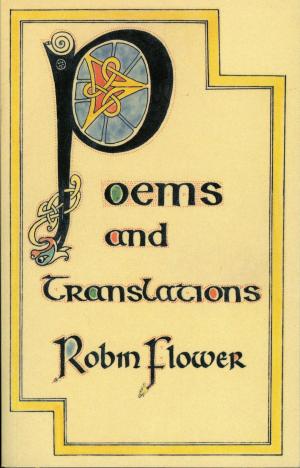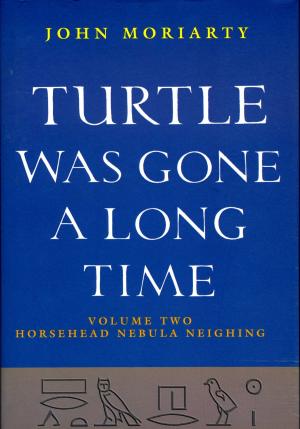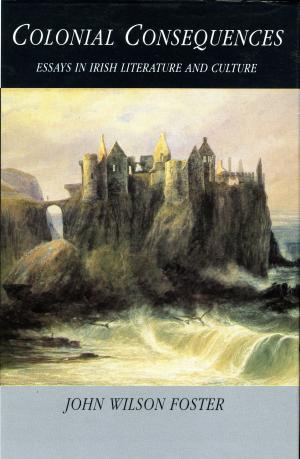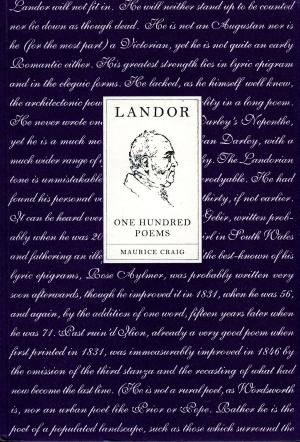| Author: | John Moriarty | ISBN: | 9781843512318 |
| Publisher: | The Lilliput Press | Publication: | September 1, 2011 |
| Imprint: | The Lilliput Press | Language: | English |
| Author: | John Moriarty |
| ISBN: | 9781843512318 |
| Publisher: | The Lilliput Press |
| Publication: | September 1, 2011 |
| Imprint: | The Lilliput Press |
| Language: | English |
In this astonishing volume of autobiography, John Moriarty's earlier works of mystical philosophy, Dreamtime and Turtle Was Gone a Long Time, are given a biographical grounding. Inhabited by all that he reads and perceives, Moriarty recovers lost forms of sensibility and categories of understanding, reconciling them gloriously within the arc of his life. Nostos is a Greek word meaning 'homecoming'. In its plural form, nostoi, it was the name of an extensive body of literature in ancient Greece about the Greek heroes who returned from the Trojan Wars. Most of this literature has perished, but we do have The Odyssey, describing the long homecoming of Odysseus to Ithaca. Moriarty's book assumes that for various reasons humanity is now exiled from the earth, but by reimagining it and ourselves as involved in a common destiny, it enacts a homecoming, a nostos to it. Nostos is a continuous narrative describing early on how its author lost his world as surely and completely as the Aztecs lost theirs when Cortez came ashore. Thereafter, in places as far apart as neolithic North Kerry and London, Periclean Athens and Blackfoot Dancing Ground, Manitoba and Mexico, Kwakiutl coast and Connemara, the author fights his way to a kind of rest, to a requiem, at the heart of things as they terribly and resplendently are. 'The classical, Eastern and Amer-Indian legends that have informed Moriarty's life are recreated or re-enacted in this deeply personal document, which is paradoxically rich in encounters with the physical world and tender episodes of love and loss, while giving us a disturbing insight into the terrors and rare ecstasies of the hermit's lonely struggle.' - Tim Robinson
In this astonishing volume of autobiography, John Moriarty's earlier works of mystical philosophy, Dreamtime and Turtle Was Gone a Long Time, are given a biographical grounding. Inhabited by all that he reads and perceives, Moriarty recovers lost forms of sensibility and categories of understanding, reconciling them gloriously within the arc of his life. Nostos is a Greek word meaning 'homecoming'. In its plural form, nostoi, it was the name of an extensive body of literature in ancient Greece about the Greek heroes who returned from the Trojan Wars. Most of this literature has perished, but we do have The Odyssey, describing the long homecoming of Odysseus to Ithaca. Moriarty's book assumes that for various reasons humanity is now exiled from the earth, but by reimagining it and ourselves as involved in a common destiny, it enacts a homecoming, a nostos to it. Nostos is a continuous narrative describing early on how its author lost his world as surely and completely as the Aztecs lost theirs when Cortez came ashore. Thereafter, in places as far apart as neolithic North Kerry and London, Periclean Athens and Blackfoot Dancing Ground, Manitoba and Mexico, Kwakiutl coast and Connemara, the author fights his way to a kind of rest, to a requiem, at the heart of things as they terribly and resplendently are. 'The classical, Eastern and Amer-Indian legends that have informed Moriarty's life are recreated or re-enacted in this deeply personal document, which is paradoxically rich in encounters with the physical world and tender episodes of love and loss, while giving us a disturbing insight into the terrors and rare ecstasies of the hermit's lonely struggle.' - Tim Robinson















